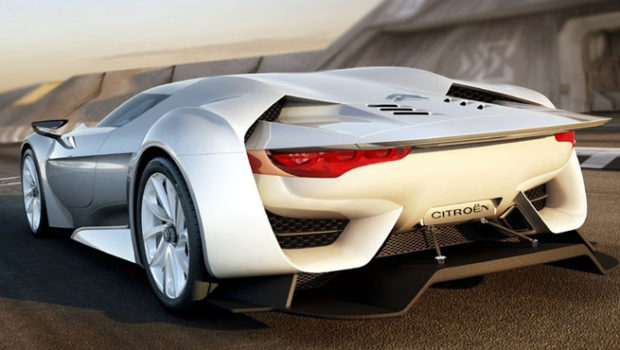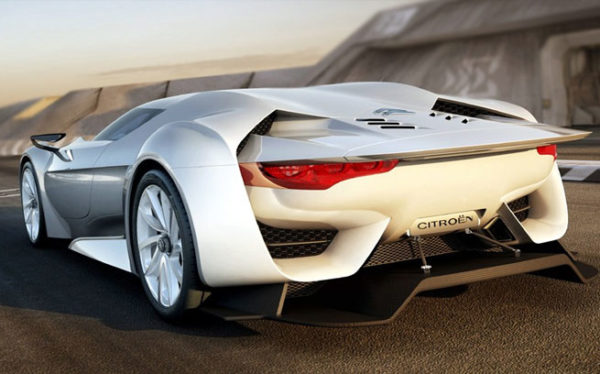How Tech is Shaping the Cars of the Future
If you have been following the news, then you know that a lot of tech is being deployed in today’s cars. But what does this mean for the future of the industry and more importantly on how we get from Point A to Point B? With that in mind, here is some insight on how tech is shaping the cars of the future.
Tech is Everywhere
While many people think that ‘tech’ is something confined to Silicon Valley, the reality is that tech is everywhere. Think about it, from farming to the law, technology is changing the way these industries function and this is having a profound change in how we live and work.
In fact, the steady drumbeat of technology development has been working its way in the auto industry for years. This makes sense as cars by their very definition are highly-technical machines. The average car is the amalgamation of more than 2,000 part and this means it is fertile ground to benefit from advances in control systems as well as manufacturing and materials.
Beyond this tech has also impacted who buys junk cars as junkyards can now use the internet and a cornucopia of apps to sell their parts. This development has transformed how wrecked cars are recycled after insurance companies have written them off.
As you can see, tech really is everywhere. But what are the trends that are shaping cars of the future? Well, read on.
Autonomous Vehicles
Ok, what would an article on tech impact on the auto industry be without mentioning self-driving cars? It really wouldn’t be a tech article and the reason is that autonomous vehicles promise to transform the very nature of transportation on the modern world.
Not only will self-driving cars free us from the slavery of sitting in gridlock, stuck behind the steering wheel but it could also revolutionize car ownership and even insurance. This is because you wouldn’t need to own a car if you could have it come to pick you up and drop you off whenever you need.
Just think of it as a taxi service on steroids. Not only would a car be waiting for you wherever you go but you would only need to pay for the car when you use it. Compare this to today’s business model where people pay tens of thousands to buy a car and then also pay to ensure that car – even though the average car is only used 5 percent of the time.
Connected Cars
While self-driving cars get the lion’s share of the attention, there are other ways that tech is impacting automobiles of the future. This includes the rise of the connected car including dashboard which allows you to remain constantly in contact.
In fact, Apple’s Car Play and Googles Android Auto are already taking the car radio and bringing it into the 21st century and it is believed that almost every new car sold in 2020 will be fully connected. Not only does this open the door for a slew of auto-specific API’s it means that your car will essentially become a smartphone on wheels.
Mechanical Systems
One offshoot of the development of self-driving cars is that it has spurred the development of connected systems in scars. These include brake override systems, which allow the car to make decisions based on road and weather conditions to ensure that the passengers traveling at safe speeds.
This has also been extended to cruise control systems which can accelerate or decelerate based on the speed of the cars traveling around you. While this sounds a lot like self-driving cars, you – the driver – are still in control, it’s just that the car is helping you to manage your speed. Another impact of tech is self-parking systems, though many of these systems are still rudimentary – though this might be more a case of user error than the machine itself.
Beyond this, we should consider the rise of electric vehicles or EVs. These cars show how electrical systems are replacing mechanical systems when it comes to getting around.
Dr. Car
That’s right, engineers at Ford are working on ways to transform the automobile into a Fitbit. The project integrates sensors to track vital data on drivers and passengers and then report this information to a health database which can be accessed by your medical providers.
While questions related to privacy and security remain, there is something to be said for using the car for checking our health – after all, we spend hours every day sitting in our vehicles.
As you can see tech has become a key part of the auto industry and there is no doubt that it will continue to impact cars of the future.

















